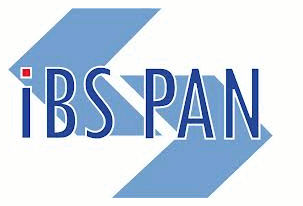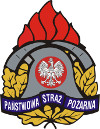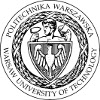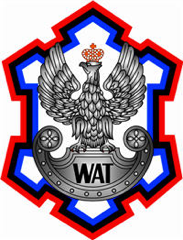 |
Performance of Business Database Applications (PBDA’14)
Warsaw, Poland, September 7-10, 2014
Modern business applications process large amounts of persistent data. Thus, a key aspect influencing the speed of such applications is the query processing time. This time can be optimized in a variety of ways, ranging from classic - such as automatic query rewriting or the usage of a variety of indexing techniques, through the variety of cashing techniques, automated database tuning, etc. On the other hand, application maintenance costs are closely related to the quality of the application architecture. Together, both those aspects lead to the search for optimization techniques that integrate with different intermediate layers and the use of alternative data persistence solutions. The development of graphics processing units and their unique computing power-price ratio also suggests searching for the acceleration of data processing based on GPUs. In addition to universal optimization techniques it is also worth looking into the use of domain knowledge in optimization mechanisms. The proposed workshop is planned to review the research on this broader query optimization process.
Topics
Topics include (but are not limited to):
- Extending the capabilities of object relational mappings
- Usage of the GPUs in query processing
- Indexing techniques
- Usage of metadata and domain knowledge in optimization processes
- Usage of fuzzy sets and rough sets in databases
- Cashing techniques
- Data snapshots
- Non-relational DBMS
- Column-oriented DBMS
- Hybrid DBMS
- Storage and analysis of time series
- Automated database tuning
- ETL optimization
- Business Intelligence optimization
Paper submission
- Authors should submit draft papers (as Postscript, PDF of MSWord file).
- The total length of a paper should not exceed 10 pages IEEE style (including tables, figures and references). IEEE style templates are available here.
- Papers will be refereed and accepted on the basis of their scientific merit and relevance to the workshop.
- Preprints containing accepted papers will be published on a USB memory stick provided to the FedCSIS participants.
- Only papers presented at the conference will be submitted for inclusion in the IEEE Xplore® database.
- Conference proceedings will be published in a volume with ISBN and ISSN numbers and posted at the conference WWW site.
- Conference proceedings will be indexed in BazEkon and submitted for indexation in: Thomson Reuters - Conference Proceedings Citation Index, SciVerse Scopus, Inspec, Index Copernicus, DBLP Computer Science Bibliography and Google Scholar
- Extended versions of selected papers presented during the conference will be published as Special Issue(s).
- Organizers reserve right to move accepted papers between FedCSIS events.










